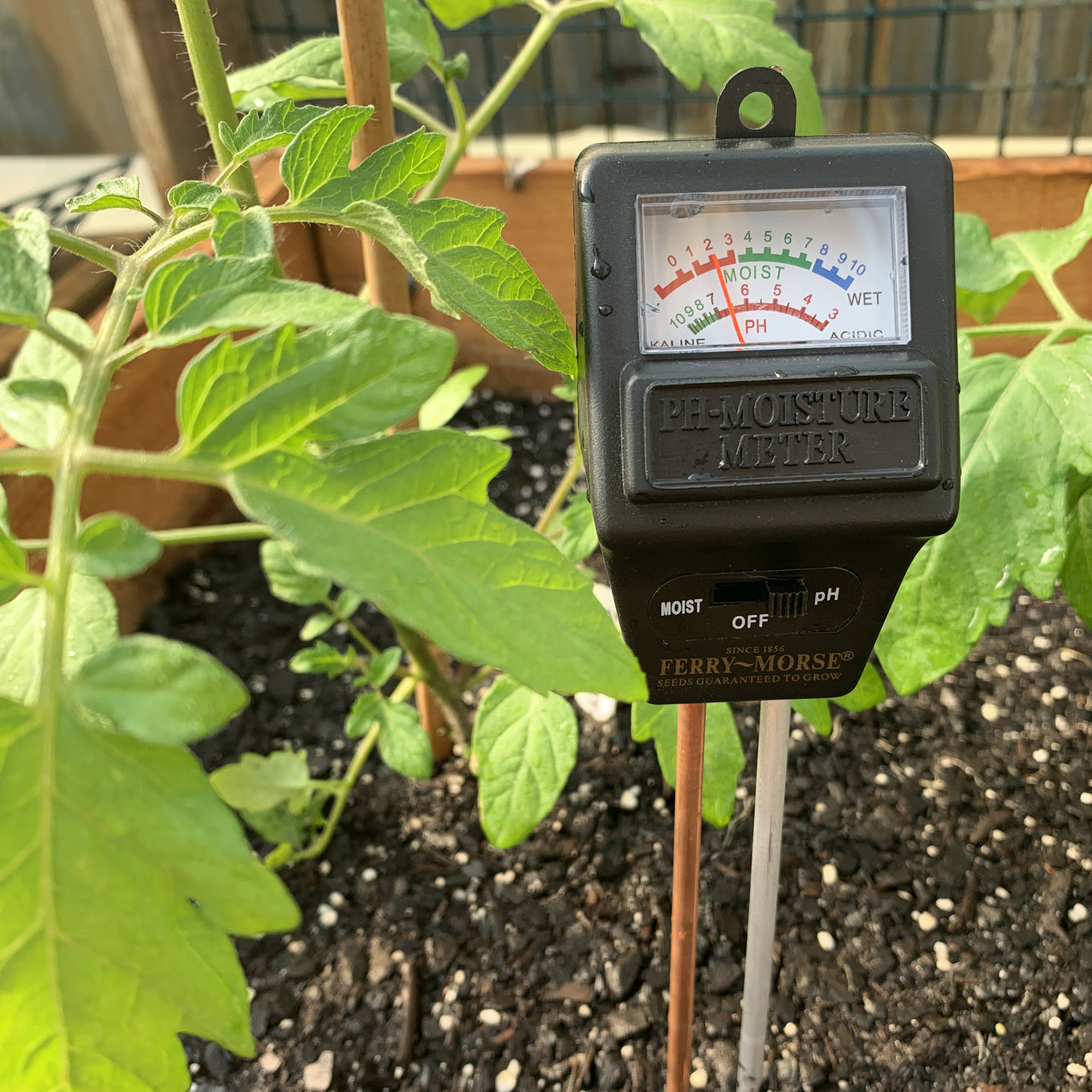The Ultimate Overview to Moisture Meters: A Comprehensive Introduction and Exactly How They Can Save You Money
Wetness meters serve as crucial tools in identifying and keeping track of moisture material in materials, aiding in protecting against costly problems and ensuring the quality of products. Recognizing the subtleties of various kinds of wetness meters, their applications, and the potential cost-saving advantages they use can be a game-changer for professionals and companies alike.
Types of Moisture Meters
Numerous types of moisture meters are readily available for different applications in different sectors. One typical kind is the pin-type wetness meter, which measures the electrical resistance in between two pins put right into a material. This type appropriates for timber, drywall, and various other building materials. Pinless wetness meters, on the other hand, usage electro-magnetic sensor plates to scan a larger location without creating damages to the product's surface area. Moisture Meter. These meters are excellent for promptly examining wetness levels in huge locations such as floors and walls.

Infrared moisture meters determine the thermal buildings of a material to establish its dampness material non-invasively, making them beneficial for applications where pin or pinless meters might not be suitable. Comprehending the different kinds of moisture meters readily available can assist industries pick the most appropriate tool for their certain dampness dimension needs.

Advantages of Making Use Of Wetness Meters
Wetness meters use vital advantages in precisely checking and assessing moisture levels in varied materials and settings. One of the key benefits of using wetness meters is the prevention of prospective damages triggered by excess moisture.
Additionally, using dampness meters can cause raised energy effectiveness. By determining locations with high dampness degrees, such as leakages or bad insulation, adjustments can be made to improve power preservation and decrease energy costs. In agricultural setups, moisture meters play a vital role in optimizing plant returns by allowing farmers to check dirt moisture levels and make informed watering choices. Generally, the advantages of utilizing wetness meters extend throughout numerous sectors, offering cost-effective remedies and promoting much better quality assurance methods.
Exactly How to Choose the Right Moisture Meter
When selecting a moisture meter, it's vital to guarantee that the meter is suitable for the details material you will certainly be screening. Different products have varying electrical residential properties that can influence wetness readings, so picking a meter made for your product is important for exact results. By meticulously examining these elements, you can pick a moisture meter that satisfies useful content your requirements and provides precise wetness measurements for your projects.
Correct Strategies for Dampness Meter Usage

Price Financial Savings Through Wetness Meter Applications
Just how can the calculated application of moisture meters lead to considerable expense financial savings across various markets? In the agriculture sector, dampness meters help in establishing the ideal time for gathering crops, stopping excess or over-drying wetness that can influence the last item's quality.
In a similar way, in building and construction, dampness meters assist avoid expensive problems by finding dampness levels in structure materials, such as timber or concrete, which can result in structural issues if not resolved quickly. By identifying trouble areas beforehand, specialists can take restorative steps to stay clear of considerable repair services or substitutes, eventually conserving time and money.
Furthermore, in the food processing industry, dampness meters are crucial for checking item high quality and ensuring conformity with safety laws. By accurately determining wetness web content in food items, producers can prevent perishing, maintain freshness, and decrease waste, resulting in considerable cost financial savings. Overall, the calculated application of wetness meters is a valuable investment that can cause significant cost reductions and boosted effectiveness across various industries.
Conclusion
In conclusion, moisture meters are beneficial devices for identifying and determining wetness degrees in different materials. By utilizing the ideal this dampness meter and complying with proper techniques, individuals can efficiently stop expensive problems triggered by excess moisture.
Dampness meters offer as indispensable devices in identifying and keeping track of moisture web content in materials, aiding in avoiding pricey problems and making sure the high quality of items. Infrared moisture meters gauge the thermal buildings of a material to establish its moisture material non-invasively, making them helpful for applications where pin or pinless meters might not be appropriate.Dampness meters use important advantages in precisely examining and monitoring moisture degrees in varied products and atmospheres. In agricultural setups, moisture meters play a crucial function in maximizing crop yields by allowing farmers to check soil dampness levels and make informed watering choices.In verdict, moisture meters are useful tools for determining and identifying wetness levels in numerous products.
Comments on “Why Every Property Owner Needs a Moisture Meter: Trick Advantages and Attributes”